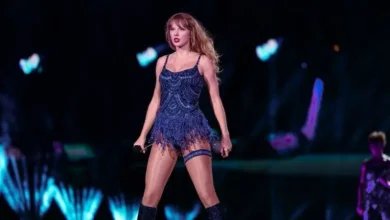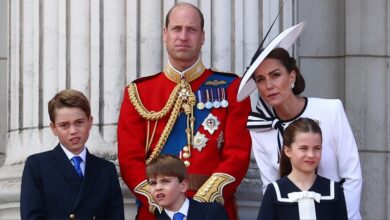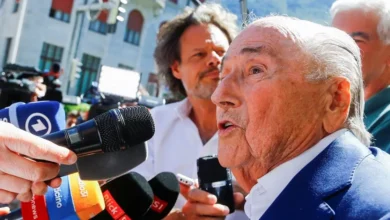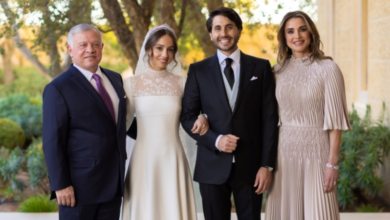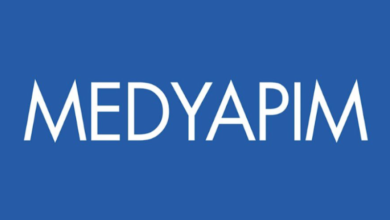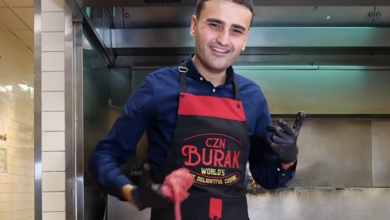Arab MMA fighters can be among world’s best, says Saudi Arabia’s Abdullah al-Qahtani
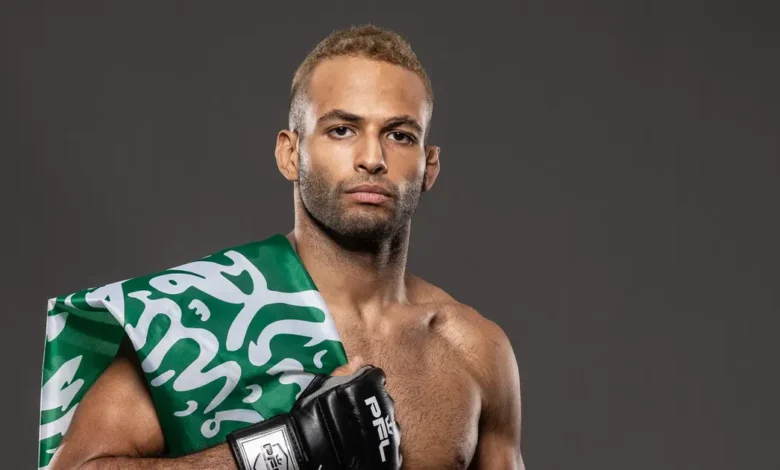
When 25-year-old Abdullah al-Qahtani first started seriously training to be a Mixed Martial Arts (MMA) fighter, many believed he could not make it professionally in Saudi Arabia or anywhere else in the world.
Unlike more popular combat sports, such as Karate and taekwondo, very few people practiced – and excelled – at MMA in the Kingdom, he said.
In recent years, however, the tide has changed drastically.
An unknown sport
“When I first started, Mixed Martial Arts was not well known and people did not know what this sport entailed,” the Saudi fighter, known as “The Ripper,” told Al Arabiya English in an exclusive interview.
“When I would talk about it, people would say it was impossible to succeed. However, with time, and honestly, in the past two years, things have changed drastically because Saudi Arabia started hosting major global events and fights. Now the whole world knows that Saudi Arabia is taking this sport seriously.”
MMA is the fastest-growing sport in the world, and one of the most popular. In the Kingdom and wider Middle East, the demand and interest in the sport have soared significantly in the past two to five years.
‘A quantum leap’
Since his early start in Riyadh, Al-Qahtani has gone on to fight internationally at tournaments organized by the Professional Fighters League (PFL).
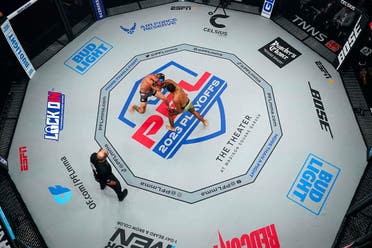
The PFL, the fastest-growing company in MMA and the second MMA company worldwide, made headlines in August of last year when it announced that Saudi sports investment company SRJ Sports had acquired a minority stake in its firm.
At the same time, the PFL also revealed it would be launching a new league in the Middle East in 2024 to expand its regional influence.
According to al-Qahtani, the move was a clear sign that not only is the sport now being taken seriously in Saudi Arabia and the Middle East, but it was also a sign that the world was taking notice of fighters from the region as well.
“An organization like the PFL launching a league in the Middle East, that is something that people used to dream of or imagine it. But this year, this will be a reality for Arab fighters,” the Saudi MMA fighter said.
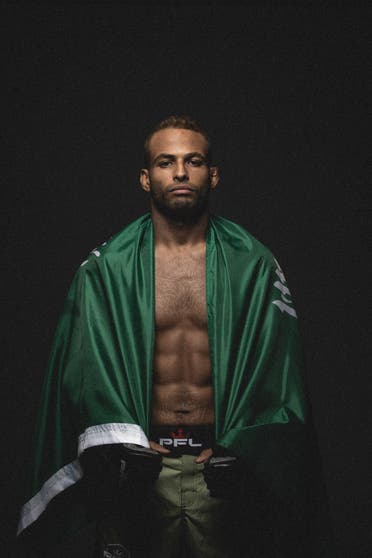
With the PFL launching its own regional league – a move the 25-year-old described as “a quantum leap” for the sport in the region and the Kingdom specifically – Arab MMA fighters will finally receive the recognition they deserve.
Al-Qahtani said he faced his share of pushback from MMA fans who initially believed he was not as good as Western fighters. But soon after they saw him take the ring, their perspective changed.
“Currently, I think people are starting to realize that there are Arab fighters who are good. Especially with the PFL launching the MENA league, this means that there are really good fighters and this sport is not just made for foreigner fighters.”
Taking things to new heights
For ‘The Ripper,’ there are very few things that mean more to him than making his mother proud and raising the flag of Saudi Arabia after he wins a fight.
“I feel very proud to represent a country whose slogan is ‘There’s no God but God,” he told Al Arabiya English. “That is something that makes me want and aspire to raise the flag as a winner. It is something that brings me great pride.”
But whether or not he comes out as a winner, al-Qahtani said every fight is an opportunity to improve his skills.
“A win or a loss will not affect me. A win will push me to train harder and a loss will push me to train harder. My ambition is far greater than having one win or one loss affect me,” he said.
The Saudi fighter said nothing comes easy as a word of advice for young fighters who aspire to become professionals.
“Train. Work on yourself. Nothing comes easy,” he said.
Surrounding oneself with the right people who will continue to motivate you helps too, he added.
For al-Qahtani, his mother is his biggest fan and was the first to encourage him to train professionally.
“My mother really pushed me to enter this sport and I loved it ever since I was a kid. Before I go into a fight, the last thing I do is call is my mother and get her blessing.”
Saudi Arabia’s sports investments
In recent years, Saudi Arabia has placed economic diversification at the forefront of its economic reform plans. In line with its Vision 2030 goals, investments have poured into non-oil sectors, with sports taking center stage.
In September 2023, sports marketing specialist and writer Khalid al-Rubian explained that investing in sports was the surest way for the Kingdom to reach its desired goals of transforming and developing its economy.

“Sports investments increase the potential of the Kingdom achieving its goals by ten folds,” he told Al Arabiya English at the time. “Sports is a language with which you can reach the furthest heights. Saudi Arabia’s sports investment strategy is a small, but essential, part of the Kingdom’s Vision 2030 goals.”
Almost 70 percent of the Kingdom’s citizens are under the age of 30, which has pushed to the Kingdom to place strong emphasis on the need to cater to the needs and interests of its largest demographic.
Mass participation in sports by both men and women has increased from 13 percent in 2015 to close to 50 percent in 2022. Meanwhile, the number of sports federations in Saudi Arabia has increased from 32 in 2015 to over 95 in 2022, demonstrating investment potential.
By expanding the sports market from its value of $5.75 billion (SAR 21.6 billion) in 2022 to an ambitious target of $22.2 billion (SAR 83.33 billion) by 2030, Saudi Arabia has been taking active steps towards diversifying its economic avenues and reducing its dependency on oil revenues.
Its ongoing investments in different sports fields, such as SRJ Sports’ announcement that it was acquiring a share in the PFL, also align with its goal of expanding sports’ contribution to the non-oil GDP to three percent.


